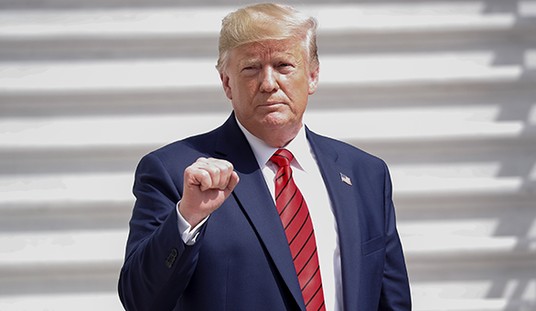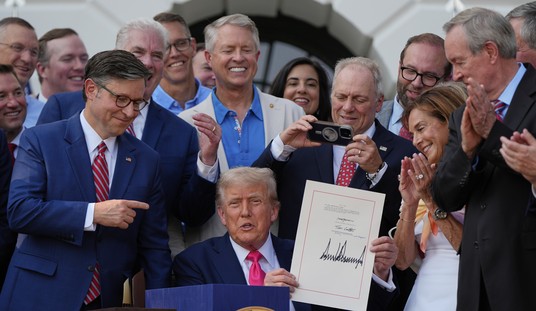ERBIL, IRAQ — Iraqi Kurdistan has an official tourism board, but that doesn’t mean the region gets many actual tourists. Despite the fact that it’s by far the safest and (almost certainly) the most pleasant place to visit in Iraq, it has a long way to go before it becomes a holiday destination.
Travelers (rather than “tourists”) who don’t like running into other travelers, who yearn to be “off the map,” and who would rather learn about the world than take a break from it, might appreciate Kurdistan, though, as long as they don’t expect too much modernity or too many Western amenities.
Entertainment culture doesn’t really exist there yet. Don’t go and expect to have fun. Egypt, for example, is far more grim and depressing than Kurdistan, but it’s easier to have a good time if that’s what you’re looking for. Guatemala is much poorer and more dangerous and more politically dysfunctional, but it’s still a better place to go as a typical tourist if you want good food, hotels, and attractions.
I don’t mean to criticize when I say this. The Kurds have been through decades of fascism, genocide, and war. They suffered more than any other group of Iraqis. Northern Iraq endured more recent hardship than any other place I have ever been in my life. Scratch just beneath the happy veneer of Iraqi Kurdish adults and you’ll find people with family members murdered by Baathists, who experienced unimaginable oppression by a regime that wanted to completely erase them, and who fled to the mountains during the uprising in 1991 when the cities of Iraqi Kurdistan were emptied of people. They still have no sewage system, and they still only have a few hours of electricity each day. Having a good time just isn’t a priority for them right now.
But they do what they can with what they have. I went to a Turkish restaurant for dinner after sunset on the outskirts of Erbil on the way to the Christian suburb of Ainkawa. The entire neighborhood was dark. Not even a street light was on. The place had an eerie end of the world feeling to it. When I stepped into the restaurant, doubting it would even be open, a sharply dressed waiter led me upstairs to a room full of tables lit by candlelight. The restaurant was half full even in the dark, and the kitchen was serving hot food. Each table was draped in a white tablecloth. European-style mouldings framed the windows and the tops of the walls. Beautiful chandeliers hung from the ceilings. The place had class even in darkness. The waiters all spoke Turkish amongst themselves. They were Turkmen — in other words, Iraqi Turks who speak a slightly different dialect of Turkish than is spoken in Turkey. Dinner was amazingly good, much better than anything I expected to eat in Iraq. The food tasted all the better because it seemed so unlikely in a place that didn’t even have any light.
It’s impossible not to admire these people. Their attitude is go-go-go, build-build-build. They won’t let a little thing like a permanent power outage get in their way. They are the last people in the world anyone dare call lazy or apathetic.
Getting to know the people is the best reason to travel to Kurdistan, actually. Every Middle Eastern country I’ve been to has a tradition of hospitality that can’t be overstated. But the Kurds are even warmer than usual. Several Iraqi Kurds said “This is your country” when they first met me. How could I not love people who greet me this way? Especially when I know very well that it isn’t a polite (and culturally compulsory) cover for quiet anti-Americanism.
Iraqi Kurdistan is more pro-American than America. People there refer to George W. Bush as “Hajji Bush” (meaning he made the Muslim pilgrimage, the hajj, to Mecca), an incredibly high honor for a Christian from Texas whom most people hate. Bill Clinton may have been America’s first “black” president. But people in at least one part of the world say Bush is the first “Muslim” president. Weird and amazing, but true.
Thomas Friedman once described Poland as “a geopolitical spa,” a great place to visit if you’re tired of reactionary anti-Americanism. Iraqi Kurdistan may be a better “spa” than even Poland.
Before I went to Iraqi Kurdistan I asked a friend of mine who has been there about politics, economics, and security in the region. She thought my questions were a bit strange and not what she expected. She said that, for her, Kurdistan is a place to connect to through the heart. I first thought her response was “girlie.” I don’t so much anymore.
UPDATE: I wasn’t as clear above as I should have been. At least one liberal reader (in the comments) was put off by what I wrote about George W. Bush and Kurdish pro-Americanism.
Kurds aren’t Republicans. Not once did anyone say “I thank George W. Bush for freeing us from Saddam.” Thanks were always given to America as a whole. I never heard a single disparaging remark about the Democratic Party, John Kerry, etc.
Anyway, Kurdish pro-Americanism goes way beyond mere thanks for getting rid of Saddam Hussein. Kurdish people think like Americans in ways that surprised me again and again. Admiration for American values and culture is ubiquitous in that region. Even the Islamists I met were weirdly pro-American in some ways — and again it’s not just because the US destroyed Saddam Hussein. It goes deeper than that, and I’ll get into it in detail in future posts.
“This is Your Country”

Advertisement








Join the conversation as a VIP Member